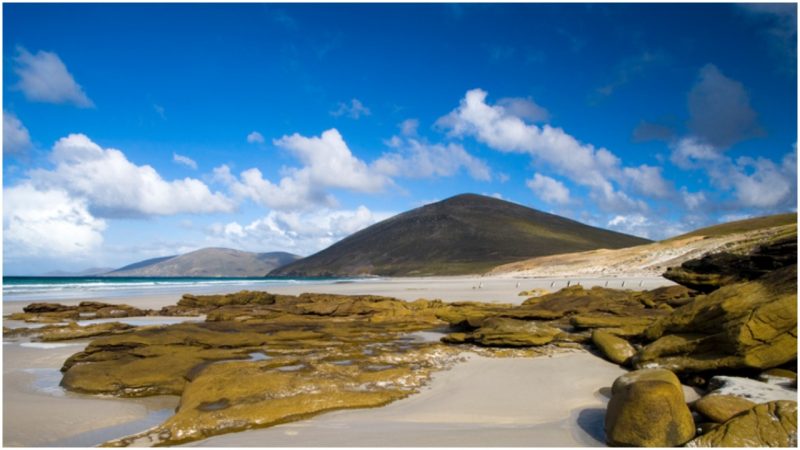It’s a remote island of white-sand beaches, penguins, and sea lions, the place of a significant turning point in the Falklands War, and it’s for sale.
Pebble Island, which covers almost 40 square miles and is 22 miles long by four miles at its widest, will be put on the market by its private owner.
The island is being sold by the ancestors of a merchant called John Markham Dean who bought it from the British government in 1869, according to The Week.
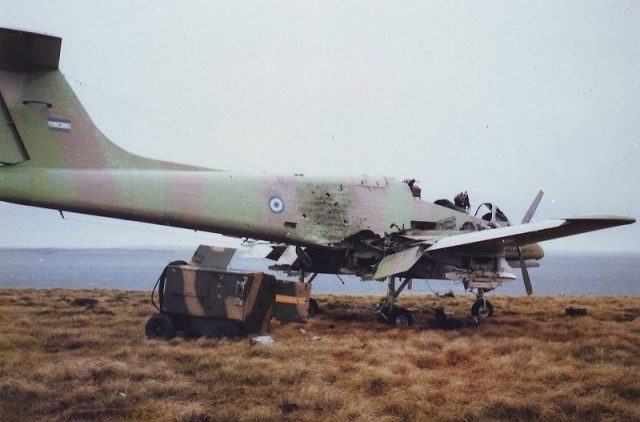
Claire Harris, descended from Dean, is the last of the family to live on and farm the island full-time. “His descendant, Claire Harris, has been unable to find anyone to value the island so will seek offers when it goes on the market this year,” the Times reported.
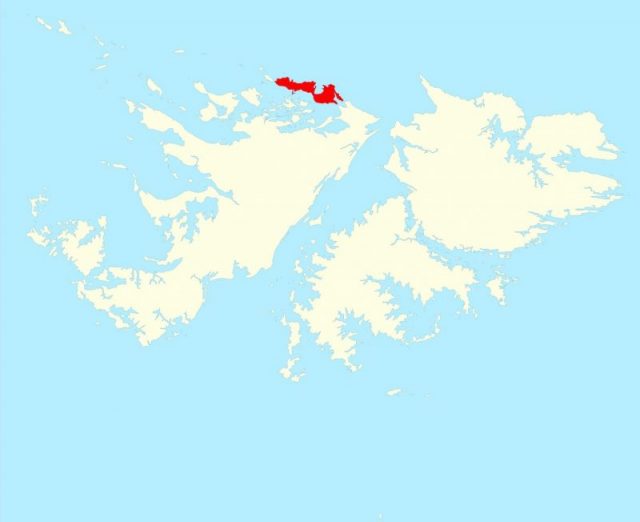
Harris said in an interview, “My father managed the island from the UK for many years and is passionate about the place, as are my husband and myself and most other members of our extended family. I have been managing the property for the last ten years and it’s because neither I nor my sisters, or our seven children, are now in a position to keep it going that we have decided, very sadly, to sell.”
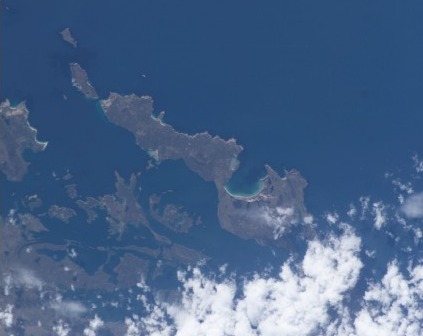
She continued: “Many would say Pebble is the most beautiful in the Falklands because it is varied, with three hills, beaches, cliffs, and lakes.”
Anyone interested in the island in the Falklands archipelago will need a government license.
The British overseas territory in the Southwest Atlantic Ocean boasts many different kinds of flora and fauna, including five different kinds of penguins and 6,000 sheep.
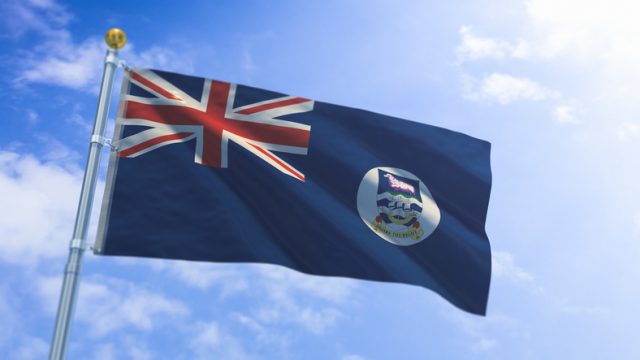
It is also recognized as an “Important Bird Area” (IBA) as designated by BirdLife International, recognizing the large number of rare birds that live there.
A spokesman for the Falkland Islands Government told MailOnline: “It is impossible to estimate the value because islands are sold so rarely. The value would depend on who buys it and what they want to do with it.”
Any foreigners seeking to buy land on the Falkland Islands would have to obtain a license from the Falkland Islands Government to “make sure they are suitable and their intentions are suitable.”
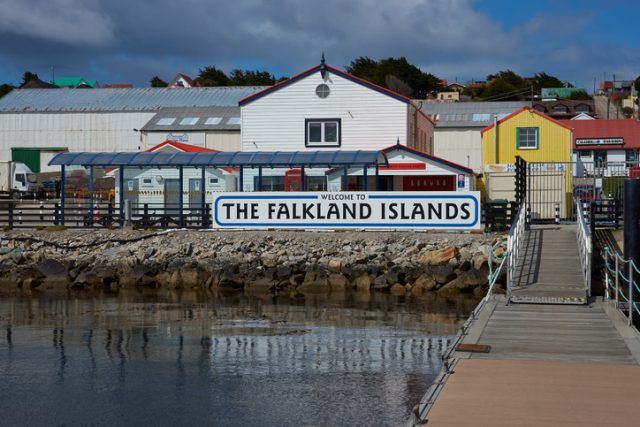
For many, its history is quite noteworthy.
The Falklands War was a brief conflict in 1982 over control of the islands. Argentina claimed sovereignty, with the islands being 300 miles east of its coast. But Great Britain had seized the islands in 1833, making it a remote colony, and rejected Argentina’s 20th-century claims.
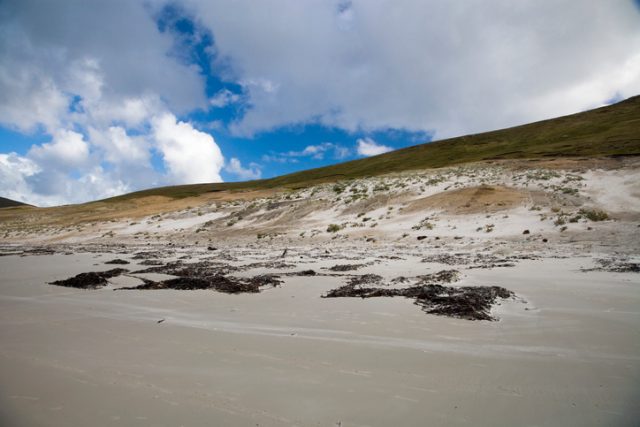
An Argentina military junta launched an invasion of the islands. Criticized for human rights abuses, the junta reportedly sought to unite the people of Argentina behind this patriotic move.
By April of that year, Argentina had 10,000 troops on the Falklands. The British government under Margaret Thatcher asserted its rights, however. European countries backed Britain, while many Latin American governments were on the side of Argentina.
Pebble Island then stepped forward into military history.
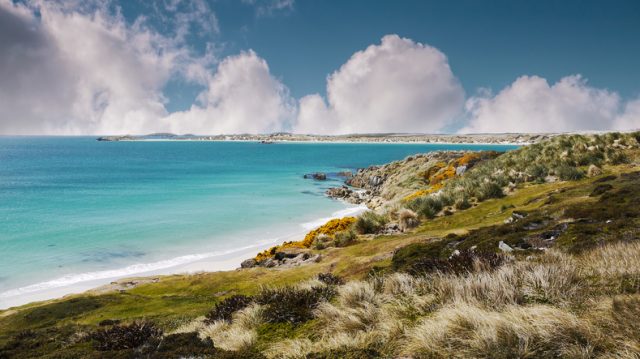
“The island was the site of a pivotal attack during the Falklands War, which saw the British pitted against Argentine forces for control of the archipelago,” reported The Week. “A 45-strong SAS team launched a raid on an airbase on Pebble on 14 May 1982 that resulted in the destruction of 11 Argentine planes.”
The British managed to land on the rest of the Falklands. After some fighting, the Argentine forces surrendered on June 14th. The country later said that about 650 were killed during the war. Britain lost 255 men.
Read another story from us: Sparta vs. Athens: The War that Lasted 2,500 Years
The following year, Margaret Thatcher enjoyed a landslide victory at the voting booth, with many saying her aggressiveness over the Falklands War had provided her with the popular support she required to win the election.
